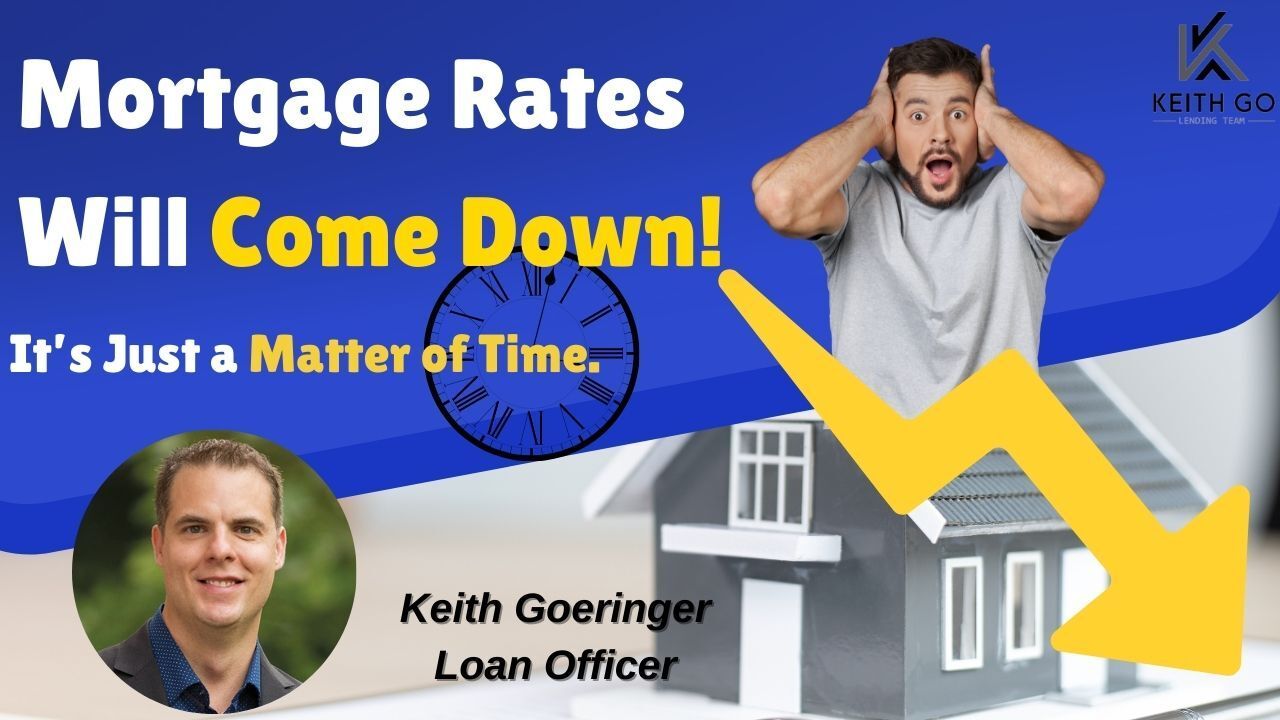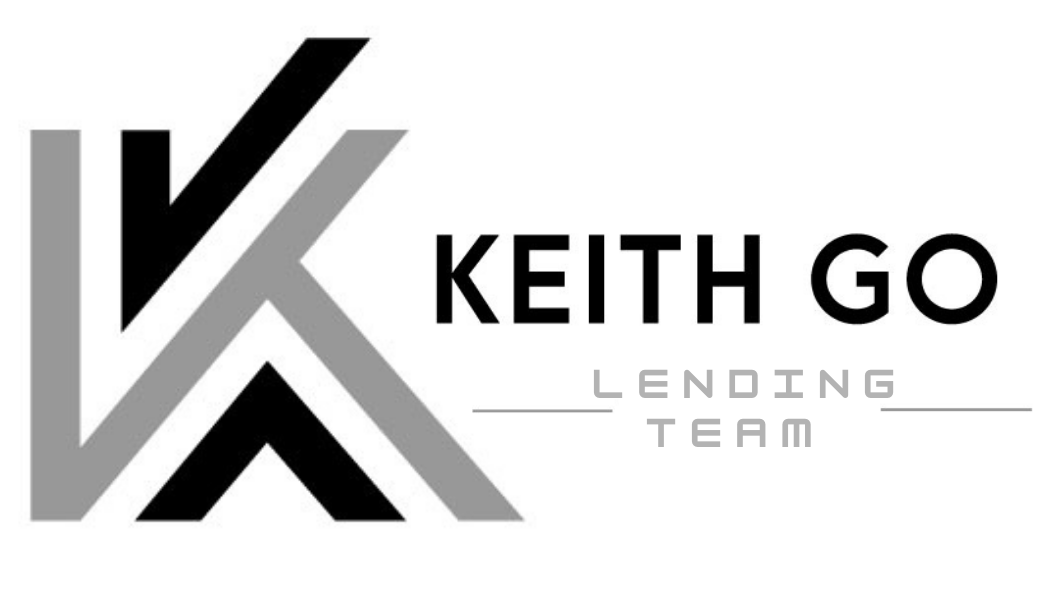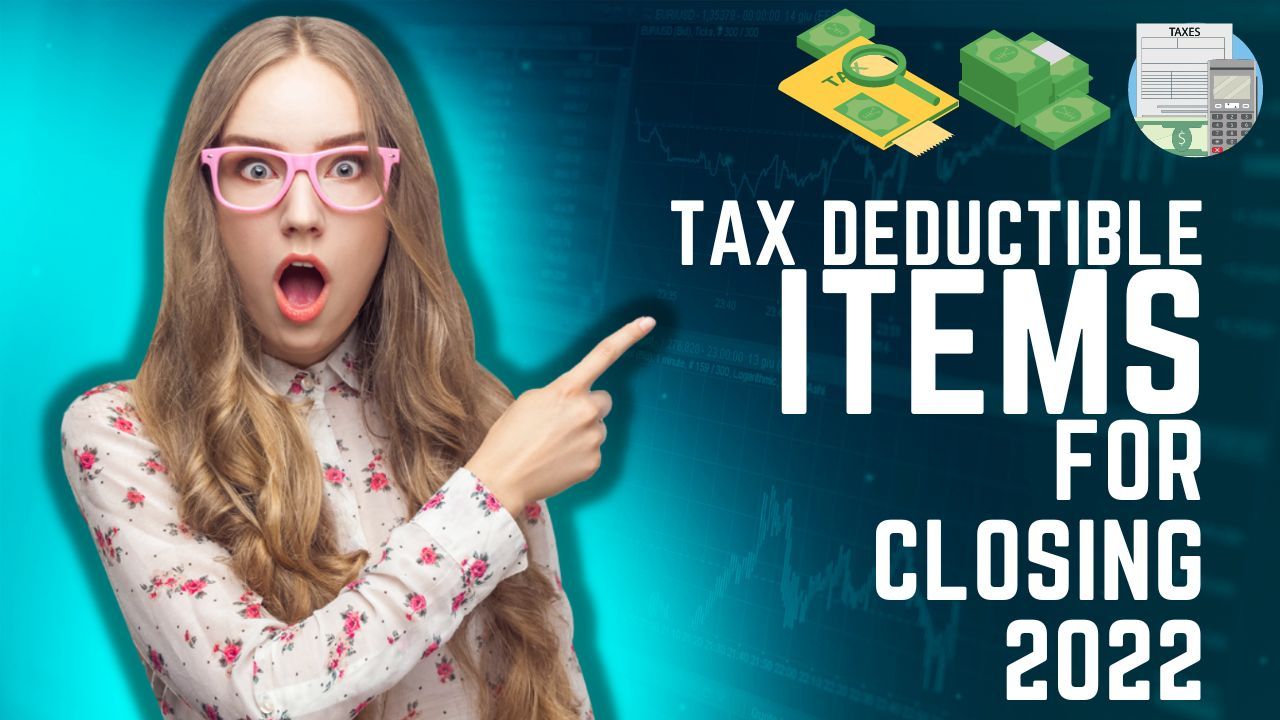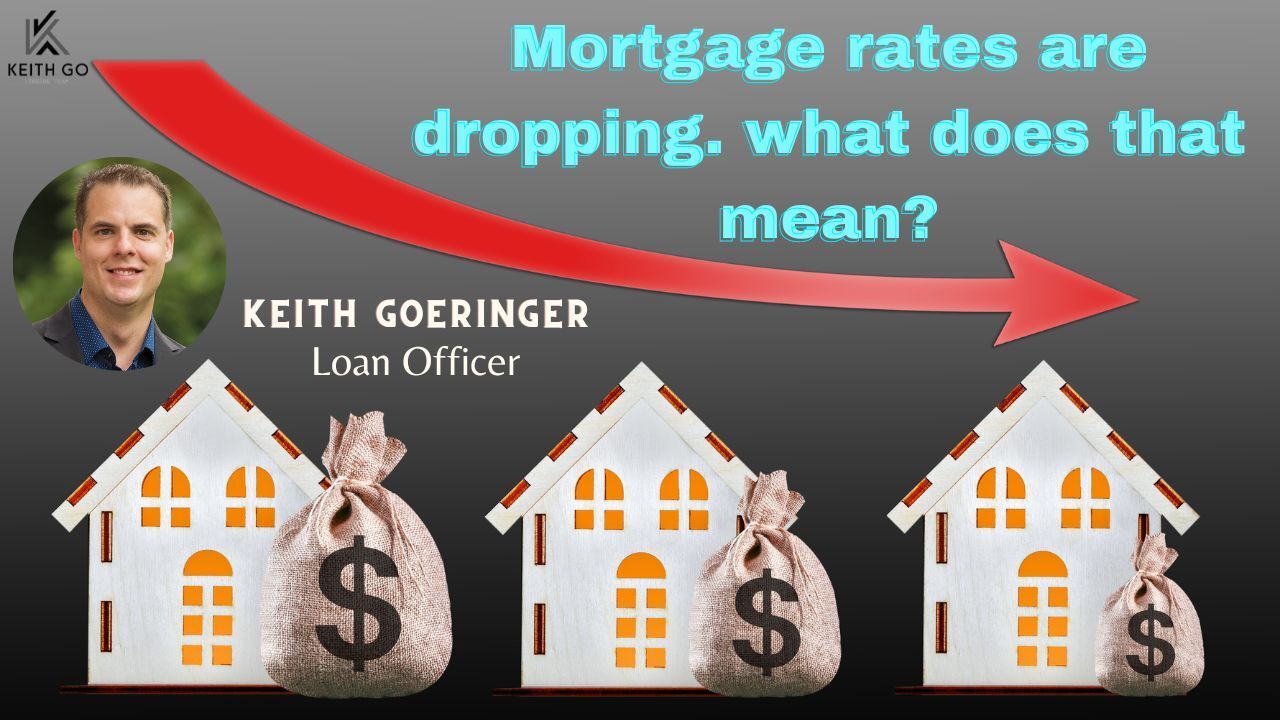How To Get A Mortgage When You’re Self-Employed
Every year, more and more people join the ranks of the self-employed, gig workers, freelancers, or having a business on the side. That’s great (I’m self-employed myself,) but it brings certain challenges. One of them is getting a mortgage so you can buy a home.

How To Get A Mortgage When You’re Self-Employed
Let’s make it clear, you can absolutely get a mortgage when you’re self-employed. You’re just going to have to jump through a few more hoops than someone will to qualify for a mortgage who has years of steady work history with the same employer.
The same thing applies if you’re partially self-employed, perhaps as a freelancer during your off-work hours, if that income will be needed to help make your monthly mortgage payments.
Why Is It Harder For Self-Employed People To Qualify To Get A Mortgage?
The answer to this is simple – lenders, who hand you hundreds of thousands of dollars to buy a house really want to make sure that they’ll get repaid (that totally makes sense, right?)
And people who are self-employed, tend to have less stability in their income, especially at the beginning of their business.
So lenders tend to ask for more proof of income and may have stricter requirements for self-employed people to get a mortgage.
You still fill out the same application and they look at the same data as a non-self-employed applicant: your credit, your assets, your debt, and your income.
The difference is that they will need to look at more information to validate the source and consistency of your income.
The 1-Year Self-Employment Challenge
The one challenge for self-employed individuals is that they will be looking for that business to be actively generating income for you for at least 12 months, ideally at least 2 years. If you’ve been in business for at least 12 months and less than 24, they will also need to verify your employment for the last 2 years (i.e. for the time before you started your business.)
They’ll also probably delve into your skills, training, client list, and educational background to try to determine whether you can have a stable income in the future.
How To Prove Income When Self-Employed
Unlike employed people where a W-2 and pay stubs can be adequate proof of income, self-employed people are usually asked to provide additional documentation to prove their income level and the stability of that income.
Lenders tend to ask for:
- Personal tax returns (including W-2s if you’re paid through your corporation)
- Profit and loss statements
- Business tax returns, including your Schedule C, K-1, or Form 1120S, depending on your business type
- Bank statements to prove that you have sufficient funds to make your down payment
Self-Employment Employment Verification
Again, a self-employed person has a challenge in verifying that you actually are employed by your business.
If you’re employed by your company and are getting a W-2 from it and regular paychecks, they will want that. That’s the best proof for employment verification
If that’s not the case (and sometimes even if it is, because they’re looking for more evidence of income consistency,) your lender will likely ask for things like:
- Proof of licensure (examples: CPA, real estate, financial planner, medical, etc.)
- Letters or emails from current clients
- Membership in professional organizations
- Business License
- DBA (Doing business as) certifications
I’ve also seen them ask to see your website, marketing materials, etc.
Tip: if you have contracts with clients that prove you will have a consistent income from them for a significant period of time those can be helpful to prove your case.
Being Proactive As A Self-Employed Mortgage Applicant
As I mentioned above, when you’re self-employed your “burden of proof” is higher than someone with a consistent job.
So you may need to be more proactive than a normal person. We recommend that you:
- Select a lender who is used to, and comfortable working with, self-employed borrowers. That tends to make things easier because your application will be the rule, rather than the exception. We can help you find a lender who is used to working with self-employed people.
- You may need to use those marketing skills you usually employ to sell your products and services and apply them to “selling” your underwriter on why you’re a good business person and why it is worth loaning money to you. That may include giving some extra documentation (like sales materials and contracts) in addition to what they request to support your case.
Income Consistency Is Key
As lenders look at your financial situation, one of their key questions is whether you’ll be able to make your monthly mortgage payments 4, 8, 15, or even 22 years from now.
The better job you can do of demonstrating consistent income, the more likely you will be to get a loan.
In some cases, that may mean delaying your home-buying process until you have a more consistent record of income. For example, if you lost a major client 6 months ago, so your income cratered for 3 months, you may want to wait to be able to show a few more months of steady income before you apply for a mortgage.
Just something to think about…
Frequently Asked Questions About Qualifying For A Mortgage When You’re Self-Employed
Is it possible to get a mortgage when you’ve been self-employed for 6 months?
Probably not. Most lenders will not grant you a mortgage until you’ve been self-employed for at least 12 months, and even then will look at your employment history for the year before that to help you qualify for a mortgage.
It’s best to wait another 6 months, and continue building your business and your income, so you’ve got a solid case to be granted a mortgage after a year of self-employment.
Are there people who specialize in mortgage lending to business owners?
Yes, there are more and more people who specialize in providing mortgages to self-employed people and small business owners every year. We’d be happy to help you find one of those specialists in your area.
How many years of tax returns do I need to get a mortgage if I’m self-employed?
Most lenders require two years of tax returns to qualify for a mortgage, whether you’re self-employed or not. Many lenders will also ask you to provide not only your personal tax returns but your company’s tax returns to verify company earnings.
How much income do I need to get a mortgage if I’m self-employed?
It’s not so much the income that’s important as your debt-to-income ratio. Your lender will look at all of your required monthly payments (mortgage/rent, credit cards, loans, alimony/child support) and divide that total by your income. If that ratio is within their guidelines (based on your new mortgage payment amount) that’s what they’re looking for, along with a solid credit history and reserves.
In conclusion:
Yes, You Can Buy A Home And Get A Mortgage If You’re Self-Employed
I know, I’ve done it, several times.
It may just require a bit more effort on your part to provide the documentation they need to decide you’re a credit risk that’s worth taking!
Share This Blog










